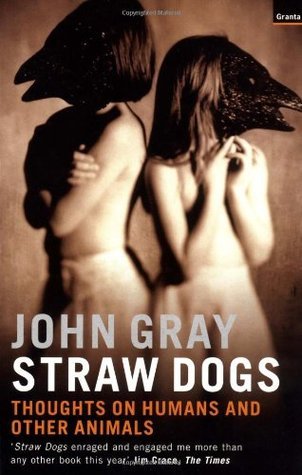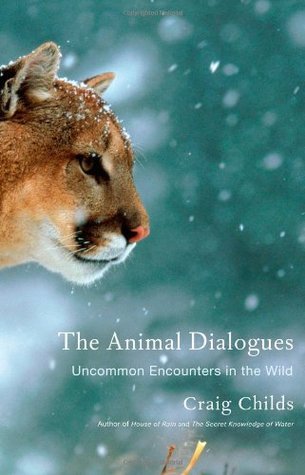
The Philosopher and the Wolf
Book Description
What happens when a philosopher adopts a wolf? Mark Rowlands plunges into the wild frontier of both instinct and intellect, exploring the profound bond between man and beast. As the raw power of nature clashes with human thought, deep questions of existence arise. The companionship reveals startling truths about loyalty, love, and mortality, challenging the mind while igniting the heart. Embrace the chaos of this remarkable journey, where every howl resonates with philosophical inquiry. Can true understanding emerge from the wild depths of our most primal connections?
Quick Book Summary
"The Philosopher and the Wolf" is a unique blend of memoir and philosophical reflection by Mark Rowlands, recounting his years living with Brenin, a wolf. Through this intimate relationship, Rowlands explores what it means to be human, examining themes like loyalty, mortality, and the nature of consciousness. The wolf, representing wild instinct and primal truths, acts as a mirror, revealing the limitations and possibilities of human life. Rowlands juxtaposes philosophical theories with everyday experiences, challenging readers to reconsider assumptions about intellect, emotion, and the deep connections possible between species. The book intertwines personal anecdotes with broader contemplations, making profound philosophical ideas accessible and deeply affecting. Rowlands ultimately illustrates that insights into ourselves and our values can emerge from forging bonds with the natural world.
Summary of Key Ideas
Table of Contents
The Animal-Human Connection and Its Transformative Power
Mark Rowlands's memoir recounts the years he spent with Brenin, a wolf he raised from a pup, and the profound effect this relationship had on his life and his thinking. Brenin's presence forces Rowlands to re-examine not only his daily routines but also the deeper assumptions underpinning much of human existence. The wolf's raw, unfiltered way of living poses difficult questions about what distinguishes humans from other animals, how we construct meaning, and the ways our culture often tames or distorts more authentic ways of being in the world.
Instinct versus Intellect: Revisiting Human Nature
A central theme throughout the book is the contrast between animal instinct and philosophical intellect. Brenin acts almost as an anti-philosopher, living entirely in the present, free of the anxieties and abstractions that often trap humans. Rowlands finds himself oscillating between rational analysis and more animal-like modes of awareness. By observing Brenin, he discovers that true wisdom may lie in integrating both approaches: embracing our animal instincts can help us access a fuller, richer experience of life, while intellect allows us to reflect and grow.
Loyalty, Love, and the Lessons of Non-human Relationships
The relationship between Rowlands and Brenin deeply challenges and ultimately reshapes the philosopher’s understanding of loyalty, love, and friendship. Unlike human relationships that can be clouded by ulterior motives and societal expectations, Brenin’s loyalty is fierce, unwavering, and unconditional. This steadfast companionship reveals the emptiness of many human conventions, highlighting the value of authenticity and the possibility of a purer connection based upon shared experiences and mutual respect. Rowlands uses these lessons to critique the transactional nature of many human bonds.
Mortality, Meaning, and Acceptance of Death
Ultimately, living with Brenin brings Rowlands face-to-face with mortality: both the wolf’s and his own. Experiencing the aging and loss of his companion forces Rowlands to confront the nature of death and the meaning of life. He grapples with philosophical questions regarding acceptance and fear, drawing from Brenin’s matter-of-fact relationship to existence as a guide. The book suggests that embracing mortality—acknowledging its certainty and finality—can liberate us to live more authentically and appreciate more deeply the transient beauty of life and love.
Download This Summary
Get a free PDF of this summary instantly — no email required.





